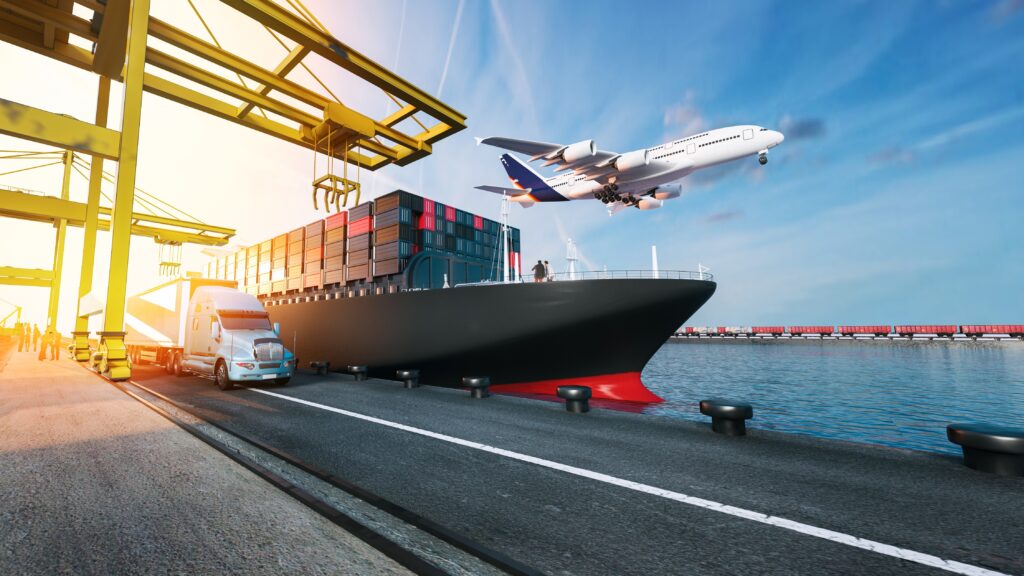Logistics technology is rapidly transforming the shipping and warehousing landscape, ushering in an era of greater efficiency, transparency, and sustainability. These advancements are shaping the industry in innovative ways, allowing businesses to adapt to changing consumer demands and global supply chain challenges. One prominent trend redefining logistics is the integration of artificial intelligence AI and machine learning. AI-driven systems are revolutionizing the way companies manage their supply chains, enabling predictive analytics for demand forecasting, route optimization, and inventory management. These technologies empower businesses to reduce costs, minimize waste, and ensure that products are delivered to customers more efficiently. By using AI-powered algorithms, companies can identify patterns, analyze historical data, and make data-driven decisions, ultimately increasing their competitive edge. Another significant development is the Internet of Things IoT. IoT sensors and devices are being utilized in both warehousing and shipping to provide real-time visibility and control over assets.

In warehousing, sensors can monitor temperature, humidity, and product conditions, ensuring that goods are stored under optimal conditions iloilo delivery services. In shipping, IoT devices track cargo in real time, allowing shippers to monitor location, temperature, and even security. This real-time data enables immediate responses to any issues that may arise, reducing the risk of spoilage, theft, or damage. Blockchain technology is also making waves in logistics by enhancing transparency and security throughout the supply chain. Blockchain enables the creation of immutable, tamper-proof records of every transaction and movement of goods. This ensures that all stakeholders in the supply chain, from manufacturers to consumers, have access to a single, trusted source of information. It reduces the potential for fraud, minimizes disputes, and enhances traceability, which is crucial for industries like pharmaceuticals, where the integrity of the supply chain is paramount. Automation is another game-changer, particularly in warehousing. The adoption of autonomous robots and drones streamlines the movement and retrieval of goods within warehouses.
These technologies improve efficiency and accuracy, reduce labor costs, and make it possible to operate warehouses 24/7. Additionally, autonomous vehicles are being used for last-mile delivery, further increasing the speed and reliability of shipping. Sustainability is increasingly important, and logistics is no exception. Green logistics practices are gaining momentum as companies seek to reduce their carbon footprint. Electric and hybrid vehicles are becoming more common in delivery fleets, and renewable energy sources are being utilized in warehousing operations. Sustainable packaging solutions and the development of more eco-friendly materials are also on the rise, aligning with consumers’ growing environmental awareness and preferences. In conclusion, logistics technology is undergoing a remarkable transformation, redefining the shipping and warehousing landscape. The integration of AI, IoT, blockchain, automation, sustainability practices is enhancing operational efficiency, transparency, and environmental responsibility. These trends are empowering businesses to adapt to the evolving demands of the modern supply chain, making logistics more agile, responsive, and sustainable than ever before.


